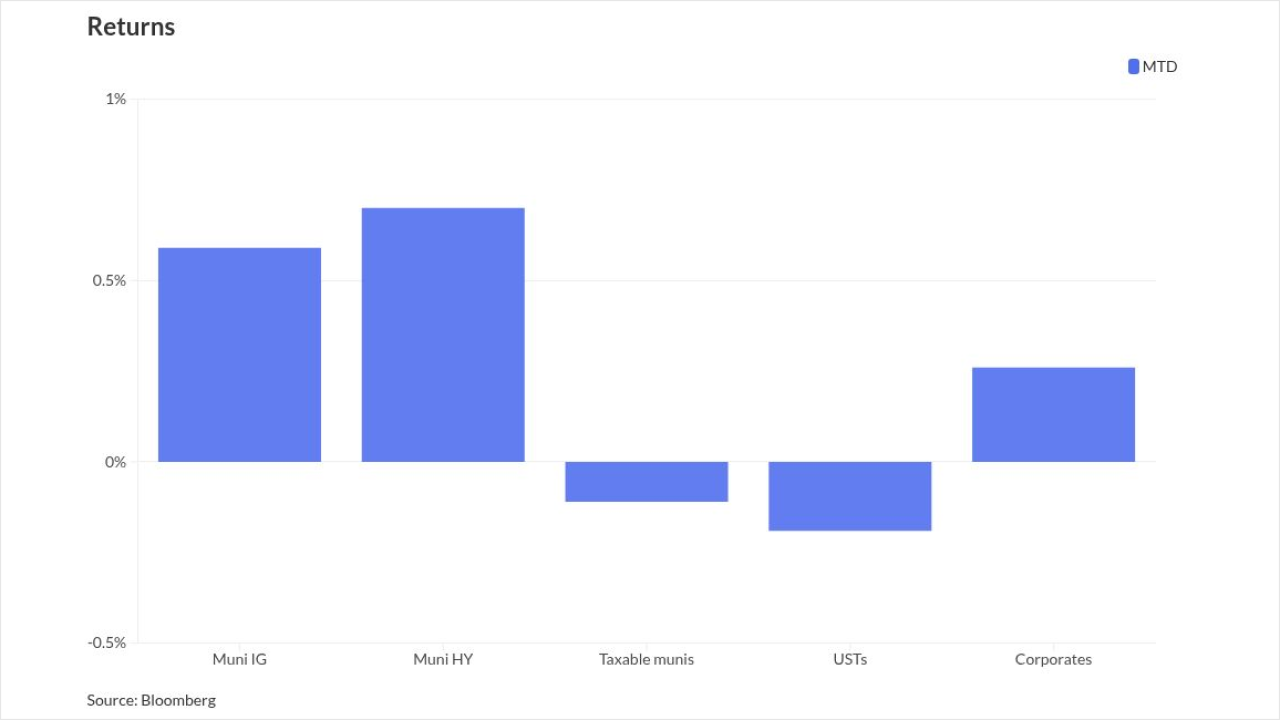
The House of Representative's version of the "big beautiful bill" would increase the U.S. deficit by $2.4 trillion over a decade, the Congressional Budget Office said Wednesday in an
The biggest cost would come from the tax portion, which would cost $3.7 trillion, the CBO said.
Separately, interest costs would total $551 billion through 2034, increasing the bill's cumulative effect on the deficit to $3 trillion, the CBO said in a
The Trump administration disputed the estimates, saying the CBO uses faulty scoring to crunch the numbers. The administration said the analysis does not take into effect the "dynamic" impact of tax cuts and the tariffs, which lead to more growth and revenue.
The House estimated annual growth of 2.6% for the bill. That compares to the CBO's 1.8% annual growth estimate.
"We disagree" with the CBO's numbers, Treasury Secretary Scott Bessent said Thursday during a press conference with President Donald Trump. Even using the CBO's "own scoring," Bessent said the reconciliation bill "would be in surplus" after a decade, because the CBO has estimated that Trump's reciprocal tariffs would cut deficits by $2.8 trillion over the next 10 years.
"Nobody knows what scoring means," Trump added. "Somebody sits in the background and says, 'Well, we're not going to allow that.'"
Office of Management and Budget director Russell Vought said Wednesday in a social media post the bill would reduce the deficit if the CBO used
"The bill REDUCES deficits by $1.4 trillion over ten years when you adjust for CBO's one big gimmick — not using a realistic current policy baseline," Vought said. "If you care about deficits and debt, this bill dramatically improves the fiscal picture."
The topline numbers are important as Republican leaders need every vote to maneuver the razor-thin majority and several GOP fiscal hawks remain opposed to anything that increases the deficit.
The muni market breathed a sigh of relief when the
Negotiations remain far from over, said Emily Brock, federal liaison for the Government Finance Officers Association, speaking Tuesday in Chicago at the Women in Public Finance conference.
In 2017, as Congress crafted the Tax Cuts and Jobs Act, a provision that directly targeted the municipal bond market — the elimination of tax-exempt advance refunding — did not emerge until after both chambers passed their versions and were hammering out their differences in conference.
"What's going to come out of the Senate will exceed the $4 trillion price tag," Brock said. "Conferencing is going to be where it's at."
The CBO also said the reconciliation bill would mean 11 million more uninsured people by the end of 10 years, which municipal bond investors have warned carries credit implications for the healthcare sector.
"Republicans are lashing out at nonpartisan scorekeepers for doing their jobs because the truth exposes just how cruel and dangerous their plan really is," said Rep. Richard Neal, D-Mass., ranking member on Ways and Means, in a statement. "But the math doesn't lie. With this plan, the rich get handouts, and everyone else pays the price."





